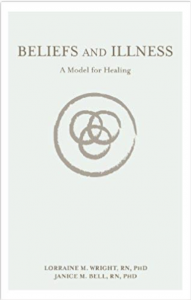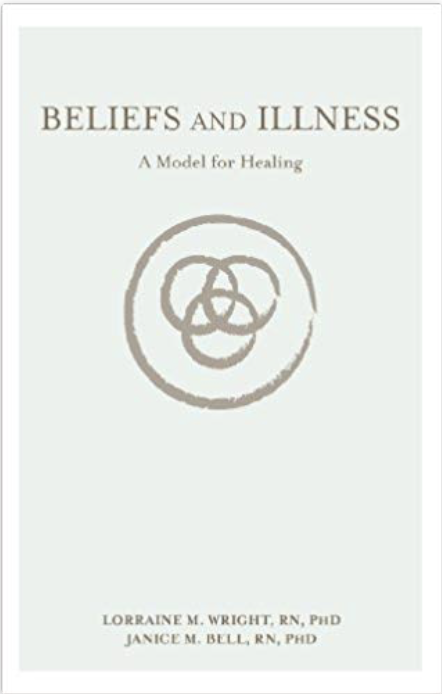“I am always saying to myself; that’s not right yet. You can do it better – it’s rare when I can prevent myself from taking the thing up again… X number of times, the same thing. Sometimes, it becomes an absolute obsession. But for that matter, why would anyone work, if not for that? To express the same, but express it better. It’s always necessary to seek for perfection. Obviously, for us, this work no longer has the same meaning. To me, it means: from one canvas to the next, always go further, further… ” Pablo Picasso
 I’m thrilled to announce the writing of my new co-authored book about the Illness Beliefs Model is finally FINISHED! My co-author, Dr. Lorraine Wright, and I are now working through the final publishing details and the book will be coming to a bookstore near you in June 2009. A Kindle Edition is now available. Picasso’s words above capture the angst of “letting go” of one’s creation–always hoping to make it better, re-working and re-organizing the ideas and words to make them easier to grasp. The new book will be launched at the 9th International Family Nursing Conference in Reykjavik, Iceland.
I’m thrilled to announce the writing of my new co-authored book about the Illness Beliefs Model is finally FINISHED! My co-author, Dr. Lorraine Wright, and I are now working through the final publishing details and the book will be coming to a bookstore near you in June 2009. A Kindle Edition is now available. Picasso’s words above capture the angst of “letting go” of one’s creation–always hoping to make it better, re-working and re-organizing the ideas and words to make them easier to grasp. The new book will be launched at the 9th International Family Nursing Conference in Reykjavik, Iceland.
A compassion centered approach to illness suffering for health care professionals and families
What you believe affects your illness and your relationships. Serious illness and loss often invites suffering in individuals and families that is not adequately addressed by health care providers.
The Illness Beliefs Model highlights the connections between beliefs, illness, and suffering.
Key ideas of the Illness Beliefs Model:
- Illness is a family affair.
- Serious illness frequently changes one’s life and relationships forever.
- Beliefs of the ill person, of family members, and of health care providers intersect to invite suffering or invite healing.
- Talking about illness suffering can be healing.
- Therapeutic conversations can soften suffering and help those who are experiencing serious illness move from despair towards courage, from inadequacy towards strength, and from disconnection towards a re-awakening of love with those who matter most.
Janice M. Bell, RN, PhD
.

